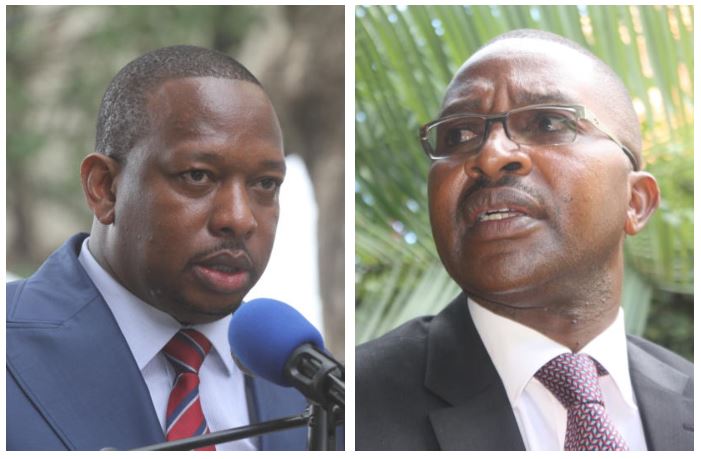×
The Standard e-Paper
Stay Informed, Even Offline

The governors of Nairobi and Murang’a counties were last week engaged in a war of words over the ownership and use of the Ndakaini Dam.
Murang’a County Governor Mwangi wa Iria last month said the county would cut off the water supply in the reservoirs going to Nairobi City unless the later remits 25 per cent of the revenue from selling the water.